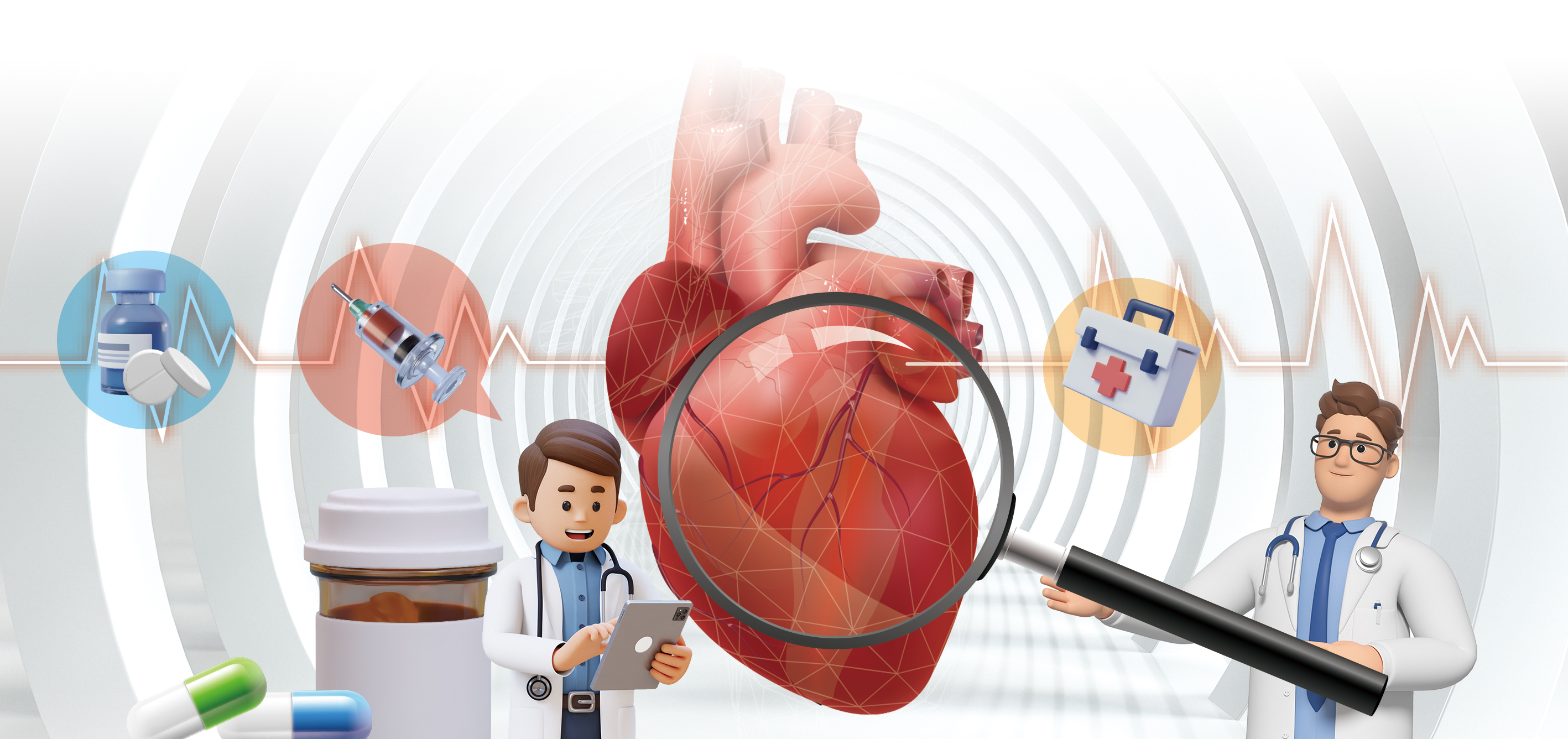Pancreatic ductal adenocarcinoma (PDA) is called a silent killer, as it is often discovered late and has a high mortality rate. Its treatment-resistant and aggressive nature can be attributed to the tumour microenvironment, low vascularity, and metabolic aberrations. Researchers from the University of Michigan Rogel Cancer Centre investigated the metabolites that drive tumour progression out of the 175 potential candidates. It was found that uridine is a metabolic fuel of PDA, and its metabolism is controlled by the expression of UPP1. The researchers also found that whereas UPP1 expression is low in normal pancreas, UPP1 expression is high in PDA tumours, and even higher in liver metastasis. In addition, UPP1 expression was regulated by the KRAS mutation, which also mediated the regulation of anabolic glucose metabolism in PDA tumours. Given the UPP1 modulation mechanism, the investigators hypothesised that when PDA was deprived of glucose, UPP1 would be upregulated and drive tumour growth. On the contrary, when UPP1 was modified to UPP1-KO, the metabolism of uridine in mice with PDA became restricted in the absence of glucose. The researchers hoped that the mechanism that shed light on the treatment-resistant nature of PDA could offer new therapeutic targets for this notoriously difficult disease.
Reference:
Nwosu ZC, Ward M, Sajjakulnukit P, et al. Nature. 2023. [published online ahead of print, 2023 May 17]. https://doi.org/10.1038/s41586-023-06073-w





